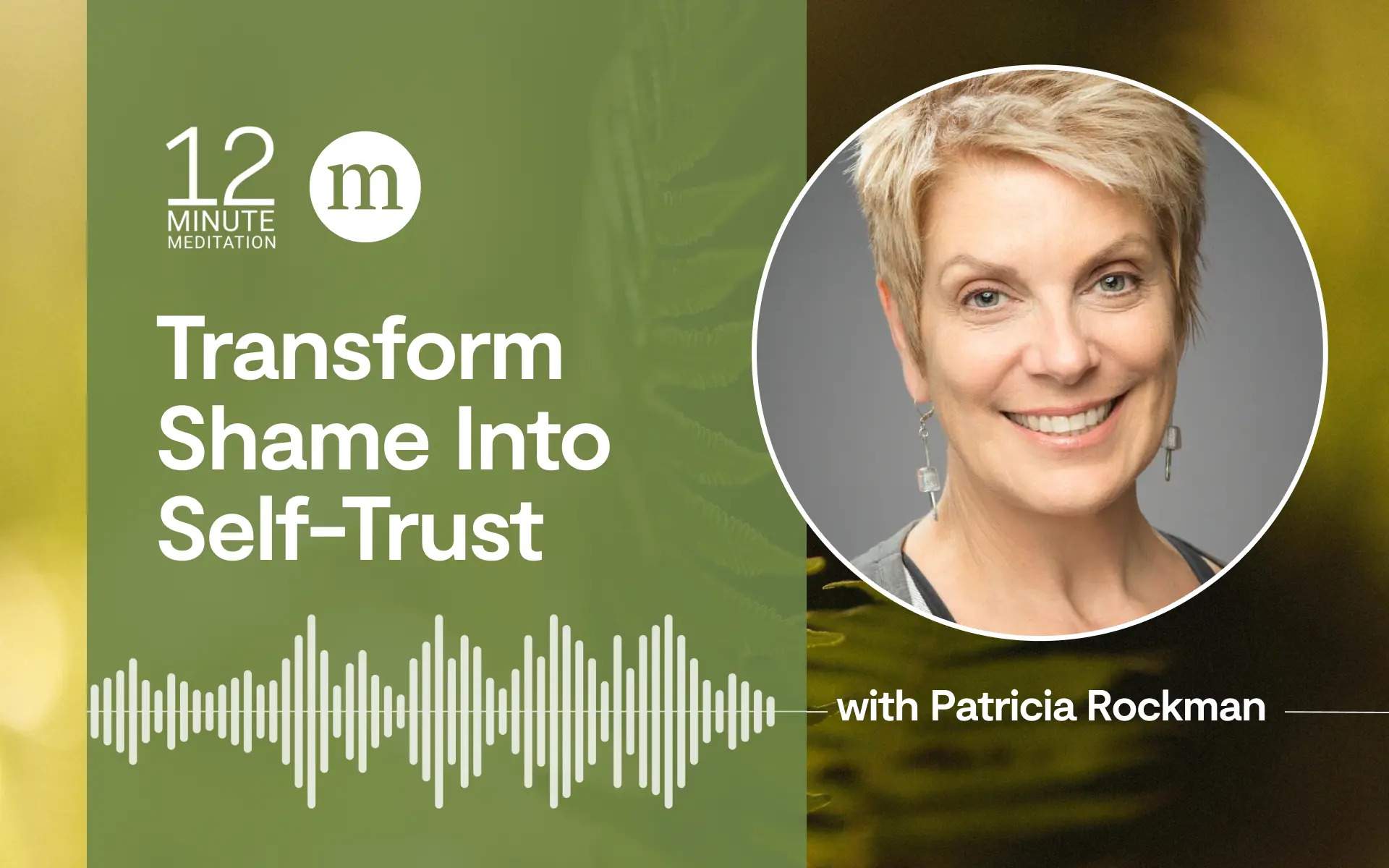11 Ways To Practice Self-Love During Times Of Prolonged Stress
1. Take things one day at a time.


Our editors have independently chosen the products listed on this page. If you purchase something mentioned in this article, we may earn a small commission.
Whether it's a global issue like a heartbreaking war or a personal issue like a long healing journey, humans need tools, like self-love practices, to help us sit with periods of prolonged stress. Yet what does "self-love" look like in a practical sense? Utilize the self-love suggestions below that you're able to, as you're able to. Everyone's circumstances and resources are very different—adopt and adapt these principles to work for your situation. When you're stressed, self-love is…
1. Taking things one day at a time.
Planning for the future doesn't stop when you're dealing with extended stress, yet staying more present-moment-focused helps. Stressful situations that don't resolve quickly or easily can be very overwhelming. Allow yourself the grace of handling what's in front of you today, which is the best way to co-create a better tomorrow.
2. Getting inspired by someone you admire.
Identify someone from history, pop culture, or one of your favorite fictional tales who survived a situation that was prolonged and stressful. Emphasize anecdotes about how they remained resilient yet didn't handle things perfectly. We each have amazing reserves of superhuman strength, and we also have very messy moments when we feel "only human." Pick someone you admire who also displays vulnerability.
3. Making your self-care sacred.
Periods of extended stress require physical and emotional stamina, and self-care is excellent for increasing your physical and emotional reserves. No need to get fancy—eat well, take your supplements or medications, exercise in moderation, and rest.*
4. Slowing down to nurture yourself.
Have simple, easy practices that help you slow your roll through the day, like meditating for 10 minutes in the morning, walking the neighborhood after work, or reading something inspirational before bed. I purposefully made each page of my new book Love Notes to My Self bite-size for this reason. Reading something inspirational uplifts your energy, which can positively influence your attitude, approach, and action steps.
5. Staying connected by showing compassion to others.
When going through periods of prolonged stress, you'll need compassion from others. It's also nourishing to offer compassion to feel connected and of service. The suffering of others can help you feel less alone in your own suffering and also offer perspective. Whether it's making a monthly donation to an important cause like a fund for refugees, helping a neighbor or coworker with a project, or listening as a loved one unpacks their day, find ways you can give back.
6. Taking routine breaks from stressful things.
Build in breaks, like getting lost in a great novel for an hour every evening or attending your favorite yoga class every Saturday. Routine is very calming, so make these breaks part of your healthy daily, weekly, and monthly routines. Do this without guilt, knowing these breaks are a very responsible action step that increases your overall endurance for sitting with prolonged stress.
7. Finding a joyful or healing moment each day to focus on.
Often it's the small moments in our days that are the most healing—like making a coworker laugh, or a child reaching out to hold your hand, or a stranger being kind to you. Find one of these small, healing moments each day to blow up in your mind and focus on to feel all the good feels.
8. Controlling what you can.
There are aspects of this situation that are out of your control, which is what can be most stressful. Focus on what you can control to get a healthy sense of control back. Identify a few things that are in your control, like a helpful attitude you could adopt that feels emotionally authentic. If there's not much you can control, exercise healthy control in another area of your life, like decluttering your home, compiling a soothing playlist of your favorite songs, starting a new exercise routine, or finding someone you can go to for emotional support.
9. Noticing your inner dialogue.
Negative thoughts and emotions are very normal during stressful times. If you find yourself spiraling down into worst-case-scenario thinking that becomes paralyzing, or emotions like hope feel impossible to connect with, reach out for more support. Working with positive mantras can be helpful, but this is probably a sign you need more support from sources outside of yourself like a counselor, health care professional, caring loved one, or anyone else able to offer meaningful help.
10. Starting a creative hobby.
I recommend creative hobbies to sensitive people as a means of temporarily retreating from life to replenish themselves. Creative hobbies can be an indulgence that doesn't require a lot of funds—just a time investment. Activities you may not consider creative—like cooking—can be very creative based on how you approach them. Writing, painting, dancing, or playing an instrument can be a satisfying and healthy escape during stressful times.
11. Reaching out for support.
We all need regular support during times of prolonged stress—whether the stressful situation is yours personally or a larger world issue. Getting healthy touch through hugs or massages, asking a friend to listen and hold space, or making regular appointments with a counselor are just some of the ways you can reach out for support. We all collectively benefit from your presence on the planet, so please get the support you deserve!

 MikeTyes
MikeTyes 
































